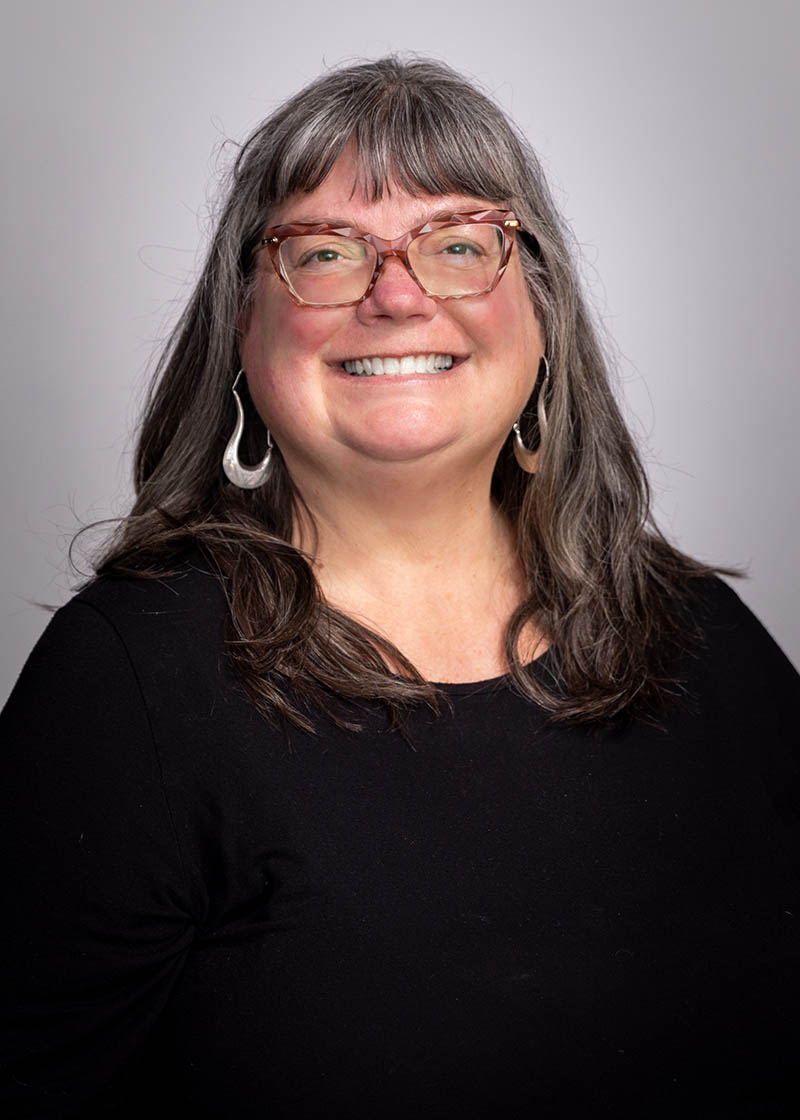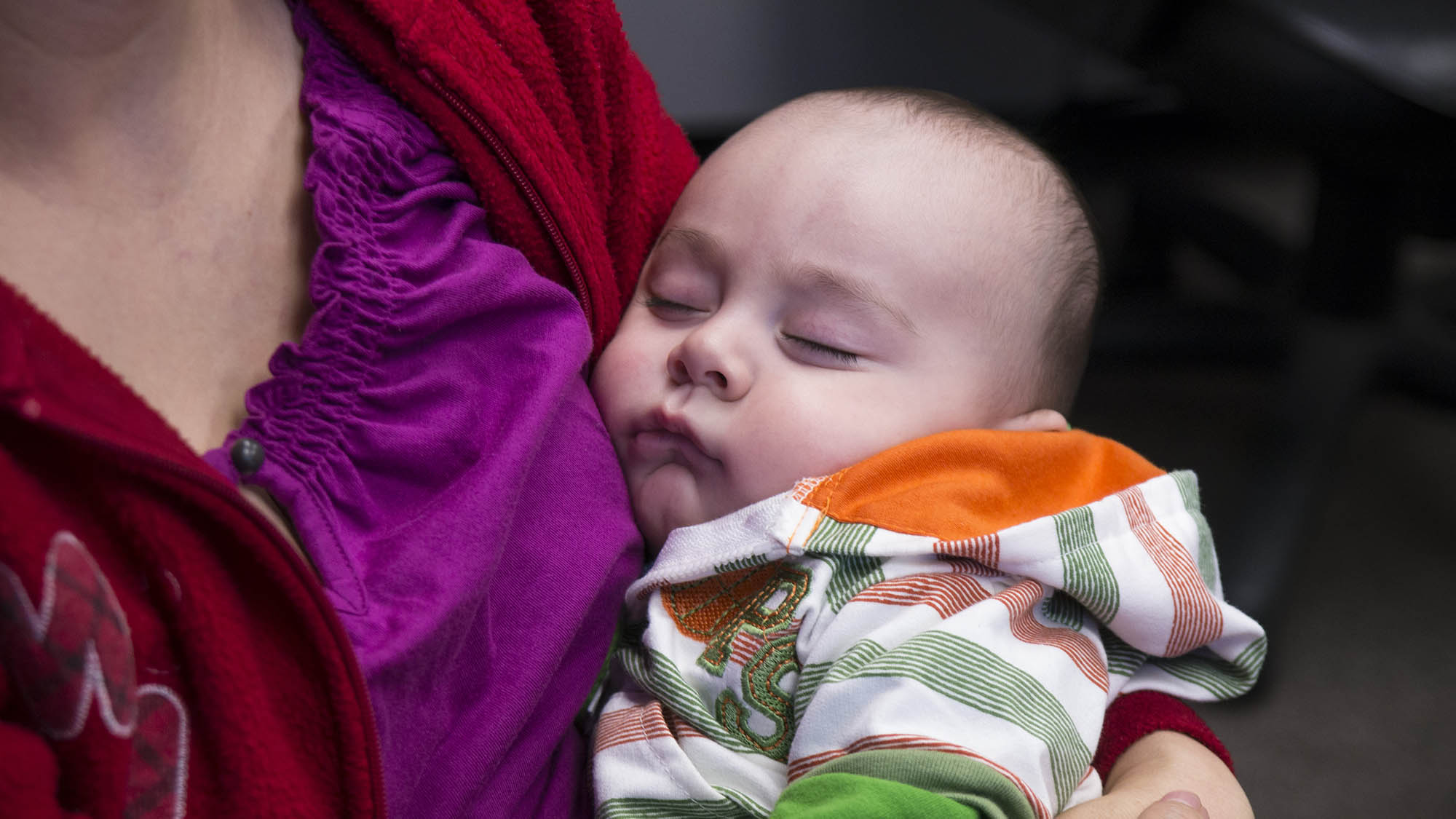The University of New Mexico College of Population Health is offering a new maternal and child health (MCH) education and training program to bolster the ranks of those serving the health needs of mothers, children and families.
The program – which is available to all UNM students, as well as community members and professionals who desire training in this area – was developed to support and assist with building the MCH workforce in New Mexico and improve the lives of women, children and families.
“Maternal and child health is always an important topic, because it’s really the basis for the health of people in our communities,” said Tammy Thomas, PhD, MSW, MPH, assistant professor and director of undergraduate education.
The four-course, 12-credit online program will allow participants to develop knowledge and skills surrounding the health and well-being of women, children and families. Topics covered include women’s health, children’s health, the social determinants of health, equity and racism, cultural- and linguistic-centered interventions, nutrition and oral health.
The interdisciplinary program offers an undergraduate and graduate minor available to any UNM student, as well as two separate certificates – a transcripted graduate certificate as well as an un-transcripted undergraduate professional certificate – which would be an option for people outside of UNM.

It’s really important to have this larger scale perspective. This is a really nice way to disseminate maternal and child health in our communities
“It’s really important to have this larger-scale perspective,” Thomas said. “This is a really nice way to disseminate maternal and child health in our communities.”
According to the New Mexico Department of Health, New Mexico’s maternal mortality rate is higher than the national average. The maternal mortality rate is four times higher for Black mothers than the state average for all races. Of all maternal deaths in New Mexico, 20% are of Native American mothers even though Native Americans comprise 11% of the state population.
Additionally, Native Americans, who tend to live in more rural areas, statistically travel among the farthest in the nation for maternal care.
“Nationally, we are seeing pretty significant maternal mortality rates, especially for women of color,” Thomas said. “There have also been hospital delivery institutions closing in rural communities.”
Studies show that expanding health care access for parents improves the health and other long-term outcomes for children. Expanded access to maternal and infant health care can also reduce racial disparities and create a more equitable health care coverage system for all New Mexico families.
“It can be difficult for some individuals to get access to medical care, prenatal care, WIC (the New Mexico Women, Infants, and Children Program), SNAP (Supplemental Nutritional Assistance Program) benefits, and all of the things that would help a mother meet her nutritional and her baby’s nutritional needs,” said Pamela Sedillo, MPA, College of Population Health director of academic success and Lecturer II.
Despite the statewide statistics showing inadequate access to maternal and child health care, Thomas said it’s important to acknowledge that there are many New Mexicans who are devoted to assuring all pregnant people have the best possible health care in the state.
“There have been a lot of dedicated folks working in communities with tremendous assets, serving women, children and families,” Thomas said. “We hope to build on the work that’s already being done.”
“We hope to provide those who are interested in maternal and child health the skills and the understanding of culture, communities and community needs,” she added.
Additionally, Thomas said, the program is important to implement because there is a significant number of maternal and childcare professionals reaching retirement age, meaning the MCH workforce will soon be on the decline.
“There’s going to be a tremendous need for trained maternal and child health folks,” Thomas said.
“We hope that these educational efforts will allow us to bolster the MCH workforce here in New Mexico,” Sedillo added.
For more information on the program, contact cophadvising@unm.edu or visit https://hsc.unm.edu/population-health

